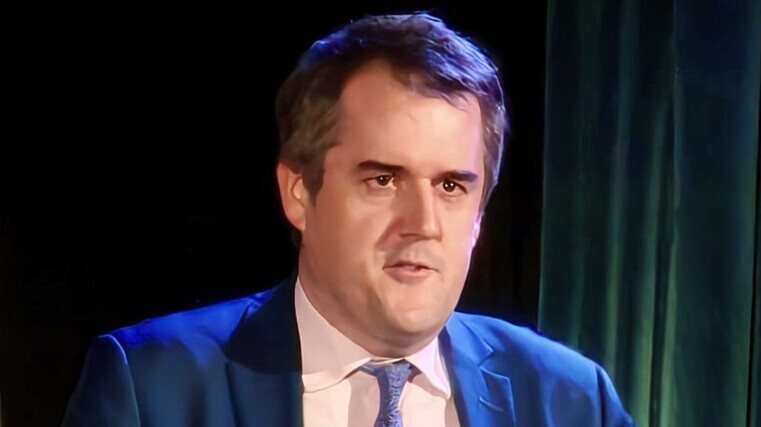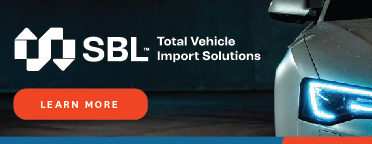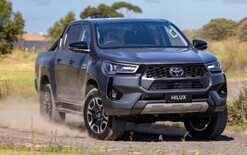RUC for all cars step closer

The government has announced details of how it plans to scrap petrol tax and move the entire light-vehicle fleet to electronic road user charges (eRUC) over the coming years.
Chris Bishop, Minister of Transport, says cabinet has agreed to a number of legislative changes to enable an overhaul of how 3.5 million light vehicles pay for New Zealand’s roading network.
“The abolition of petrol tax and the move towards all vehicles – whether they be petrol, diesel, electric or hybrid – paying for roads based on distance and weight, is the biggest change to how we fund our roading network in 50 years,” he adds.
Key law changes the government is progressing include:
• Removing the requirement to carry or display RUC licences, allowing for digital records instead.
• Enabling the use of a broader range of eRUC devices, including those already built into many modern vehicles.
• Supporting flexible payment models such as post-pay and monthly billing.
• Separating NZTA’s roles as RUC regulator and retailer to foster fairer competition.
• Allowing bundling of other road charges such as tolls and time-of-use pricing into a single payment.
Bishop, pictured, notes in a statement released on August 6 that New Zealanders driving petrol-powered cars currently pay fuel excise duty (FED) of about 70c per litre of petrol every time they fill up at the pump.
Meanwhile, diesel, electric and heavy vehicles pay road user charges (RUC) based on distance travelled.
Revenue from those sources goes into the National Land Transport Fund, which pays for the building of new roads and maintaining existing ones
“For decades, petrol tax has acted as a rough proxy for road use, but the relationship between petrol consumption and road usage is fast breaking down,” adds Bishop.
“For example, petrol vehicles with better fuel economy contribute less FED per kilometre towards road maintenance, operations and improvements.
“We are also seeing a fast uptake of fuel-efficient petrol hybrid vehicles. In 2015, there were 12,000 on our roads, while today there are over 350,000.
“As our vehicle fleet changes, so too must the way we fund our roads. It isn’t fair to have Kiwis who drive less and who can’t afford a fuel-efficient car paying more than people who can afford one and drive more often.”
He says changes have to happen and the government’s plans will eventually mean all vehicles pay based on actual road use, regardless of fuel type.
The transition is set to happen in stages, beginning with legislative and regulatory reform to modernise the current RUC system and enable private sector innovation.
“The current RUC system is outdated. It’s largely paper-based, means people have to constantly monitor their odometers, and requires people to buy RUC in 1000km chunks,” says Bishop.
“We’re not going to shift millions of drivers from a simple system at the pump to queues at retailers. So instead of expanding a clunky government system, we will reform the rules to allow the market to deliver innovative, user-friendly services for drivers.
“A handful of eRUC companies already do this for about half of our heavy vehicle fleet and there are several companies, both domestic and international, with innovative technology that could make complying with RUC cheaper and easier.”
The minister explains the changes will support a more user-friendly, technology-enabled RUC system, with multiple retail options available for motorists.
He says paying for RUC should eventually be like paying a power bill online, or a Netflix subscription – “simple and easy”.
“I expect to pass legislation in 2026, followed by an updated Code of Practice for RUC providers,” he explains.
“We will also engage with the market in 2026 to assess technological solutions and delivery timelines. In parallel, NZTA and police will upgrade their systems to support enforcement in a digital environment.
“By 2027, the RUC system will be ‘open for business’, with third-party providers able to offer innovative payment services and a consistent approval process in place.
“At this stage, no date has been set for the full transition of the light-vehicle fleet. That’s a deliberate choice, as we’re focused on getting the system right rather than rushing its rollout.
“This is a once-in-a-generation change. It’s the right thing to do, it’s the fair thing to do and it will future-proof how we fund our roads for decades to come.”





